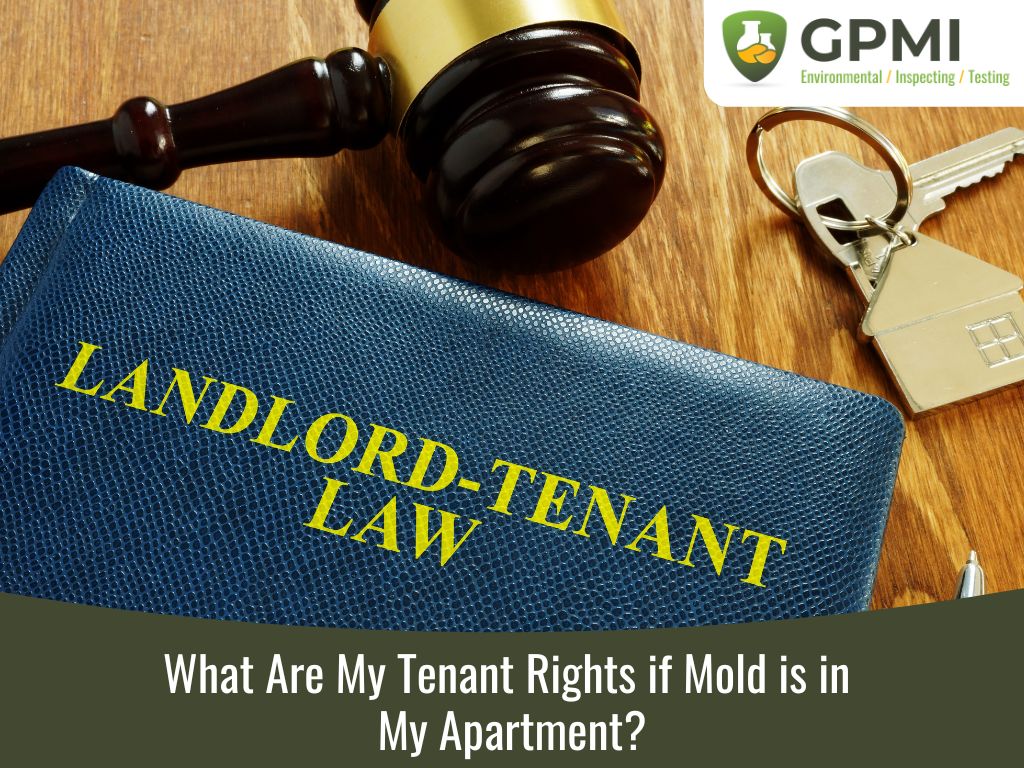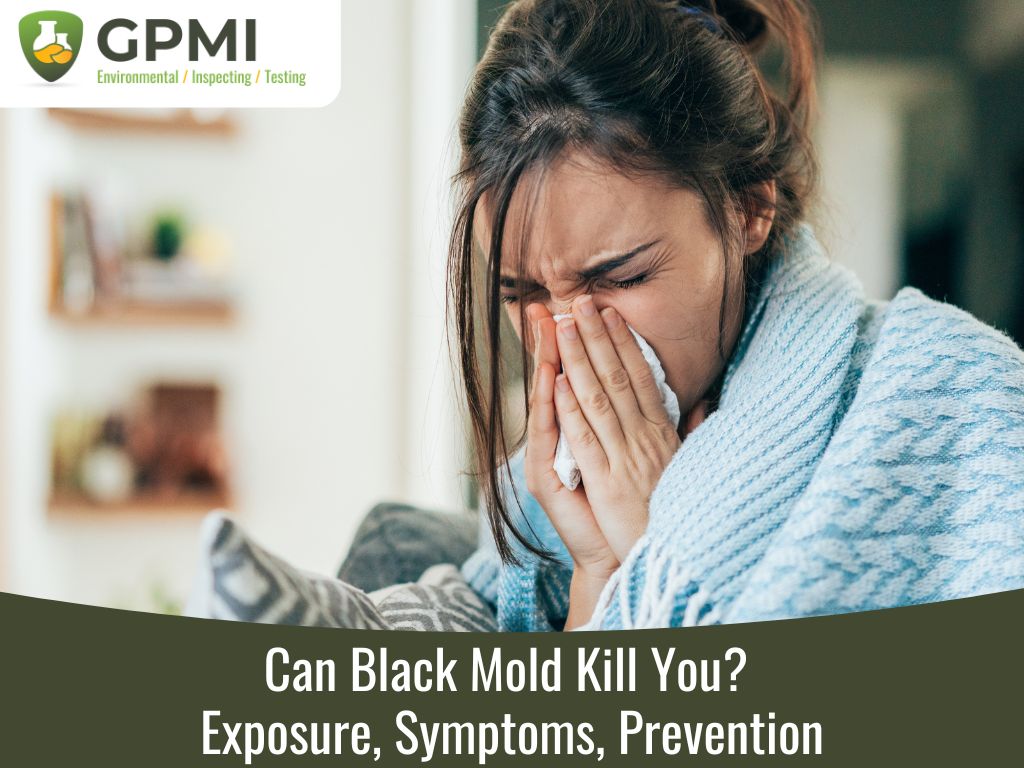Did You Know You Have the Right to Choose Your Own Insurance Adjuster?

Disaster hits, and the first move is you call your insurance company. Very nicely, they offered you their best and preferred Vendor to handle the job. But wait, something very important….Did the insurance representative tell you that you have the right to have your own independent public adjuster with no expense out of your pocket? No, why would they? Because Prefered Vendors means they already have a deal and an understanding of cost and time, all to the insurance company’s benefit, not you, the homeowner.
Now, before we get ahead of ourselves, let’s explain some things about home insurance claims. American homeowners pay an average of nearly $1,250 for home insurance premiums. According to the 2020 Insurance Information Institute study, about one in 50 homes will file a claim for water-related damage each year. Further, one-third of home insurance claims are related to storm damage, such as lightning, wind, or hail.
Water damage from a flood or a broken pipe can be disastrous to the home. It destroys the property right away, but it can lead to toxic mold growth and contaminated air quality issues down the road.
After any water damage to a property, you should always conduct mold and air quality testing and a post-remediation clearance. An independent third-party Indoor Environmental Professional (IEP) should only ethically perform these services that will not profit from the actual findings. The cost of performing mold testing falls under the $5,000 ‘mold remediation’ cap of most insurance policies. There is tremendous value in doing this from quality control and contractor recourse by having such services completed by an independent third-party Indoor Environmental Professional (IEP) only.
With the high amount spent on insurance premiums, you would think that just about any issue in your home that happened outside of your control would be paid for. But if you have any property damage, which is not specifically covered under the policy, you could have trouble getting coverage.
This is where a public insurance adjuster comes in. Here’s what you need to know:
1. What Happens When You File an Insurance Claim?

Whenever your home is damaged, the first step is to file an insurance claim. This alerts the insurance company of the issue, and they generally send an adjuster to assess the property damage. They may take pictures or ask for a professional repair service to provide an estimate.
From there, the insurance company determines whether or not the issue falls under the umbrella of your policy. Generally, insurance adjusters will do all that they can to avoid giving you a full payout. Remember, they work for the insurance agency and not for the consumer. They may even launch an investigation to prove that they don’t!
So, when you meet with a property insurance adjuster, they often ask a lot of leading questions, such as:
- What was the condition of the property before the damage occurred?
- Were there any warning signs that this damage would happen?
- Have you kept up with preventative maintenance?
- When did you notice the damage, and when did you file the claim?
They are looking for information that could negate your claim and reduce or eliminate your coverage. The insurance adjuster will create a report that the higher-ups in the company will review. Their payout calculation is based on several things:
- Repair cost estimates
- Replacement cost estimates (including depreciation) for items that were damaged
- Payout formula based on the insurance company’s policy
They will then issue a settlement, determining how much money you will receive to cover the repairs. Typically, you will receive this as a check in the mail, or the insurance company may pay it directly to the repair contractors.
2. Why Won’t Insurance Companies Cover Some Claims?

Insurance policies have a lot of loopholes and exemptions worked into the fine print. Further, the adjuster that the insurance company sends out will try to calculate the lowest settlement amount possible – or find ways to prove that you can’t get coverage.
Now, there are some specific instances where you most likely will not get any coverage. For example, insurance policies generally do not cover asbestos testing or removal. They also have exclusions for termite damage, sewer system overflows, or natural disasters like earthquakes. However, coverage for these situations can occasionally be added to your policy for an added premium.
Insurance companies will also not provide coverage if they can prove that the damage is the homeowner’s fault. For instance, say that a pipe breaks in your basement, flooding it in several inches of water. The floor now needs to be replaced, and the water damage on the walls needs repairs. So, you file an insurance claim, and an adjuster comes out to assess the damage. After all, water pipe breaks are covered under your policy.
The adjuster comes and investigates and asks whether the pipe showed signs of damage. You mentioned that it had been leaky for a while, but it didn’t seem to be damaged.
The adjuster can use this information as evidence that the pipe break was actually your fault. So, rather than giving you a payout, they argue that the broken pipe was caused by homeowner negligence. Since you knew you had a leaky pipe but didn’t fix it, it’s your fault that the pipe broke. Hence, you get no money.
It’s incredibly frustrating to be paying so much in an insurance premium and then be told that you can’t get any coverage for your problem. What can you do in this kind of situation? Are you out of luck because your insurance company gives you a measly offer or says you have no coverage?
The answer is no!
You don’t always need to settle for a lowball payout! If you think that your property damage is rightfully covered under your policy, you have the right to ask for a different property insurance adjuster for a reevaluation or hire your own public adjuster.
3. What are Home Insurance Adjusters?

Most home insurance adjusters work for the insurance company. Their job is to gather information and estimates regarding the damage to calculate your payout. But there are public home insurance adjusters that you can hire to dispute your payout if you think that the insurance company is underpaying.
Public insurance adjusters work independently, and they are typically compensated with a percentage of your payout. This means that they are incentivized to get you the highest payout possible – since this increases their paycheck, too.
Hiring your own Public Insurance Adjuster can be extremely beneficial, especially if your claim falls into a grey area of your policy. It certainly helped in Carole Lieberman’s case when wildfires nearly destroyed her home in Los Angeles. The insurance company originally offered just $25,000 in coverage, which didn’t even begin to cover the necessary repairs.
So, Liberman took matters into her own hands and hired a public home insurance adjuster to fight for her claim. They assessed her home damage and presented evidence to the insurance company that her payout needed to be increased. Thanks to this home insurance adjuster, the company reevaluated and provided a payout of over $500,000!
If you have any property damage to your home and think your insurance company is low-balling you, you should consider this option. Getting a second opinion from an unbiased public home insurance adjuster is a good idea.
4. How to Win Your Claim with a Home Insurance Adjuster

Although it is the adjuster’s job to gather evidence and information, you can help the process. Providing supporting evidence and cooperating with the home insurance adjuster can increase the chances of getting a higher payout. Here are some ways that you can help:
Gather Supporting Evidence
First, you will want to gather as much evidence as possible to support your claim. This includes gathering receipts of the items damaged, as well as any related invoices for repairs you’ve paid for out of pocket. You can’t always wait for your insurance company to payout – sometimes, you will need to book emergency repair services. So, you’ll want to keep those invoices handy so that the insurance company can cover the cost.
Next, you can provide proof to support your claim. Take pictures and videos showing the damage from multiple angles. You may also want to send in photos of your property before the damage.
Hire Inspectors for Repair Estimates
You can also hire your contractors and inspectors to assess the damage and repair costs. Having a professional service come in to inspect your property can be quite helpful. For instance, say that you have water damage from a broken pipe. An inspector can determine whether you also have mold that has started to grow. This requires additional repairs, as you will need professional remediation services.
Learn About Your Insurance Policy
Finally, do your research about your coverage and policy. You want to make sure that you know exactly what type of home insurance coverage you have. If you can prove that your damage falls under your policy, you’ll increase your chances of a high or full payout. You can also negotiate with your claims adjuster! You don’t have to accept their first offer – especially if you have evidence proving that you need a higher payout.
If you suspect that your insurance company is not doing its job, you can reach out to an attorney. Many lawyers specialize in insurance issues and can determine whether or not you deserve a higher payout.
5. What Else Happens if I Have Property Damage?

You are legally obligated to a fair claims process from your insurance company. This means that they should be timely about sending out an adjuster and offering you a settlement. Some insurance companies offer a guarantee, and some states even have time restraints they need to follow. Typically, this timeframe is within 15 calendar days.
However, if you have damage to your property, you might not be able to wait this long to get it taken care of. Issues like mold growth or air quality problems can arise quite quickly and have severe consequences. Unfortunately, standing water will make the property damage even worse while also putting your family’s health at risk! Standing dirty water often is the source of Waterborne Diseases, such as Typhoid Fever, Cholera, and many more.
If you suspect that your home could have mold or air quality problems due to the damage, you should hire an environmental inspector right away. Professional inspection services can determine the scope of the situation and provide you with an accurate estimate for remediation. You can present this to your insurance company as a request for a larger payout.
Do You Need a Home Inspection?
If you are in the middle of an insurance claim and need proof of mold growth or air quality issues, you can contact GP Inspect. We offer asbestos and mold testing, air quality inspections, and post-remediation clearance services in the Southern California area.
We have also worked with attorneys and home insurance adjusters to help homeowners receive fair payouts. Our team of professionals will do all they can to provide accurate results from their inspections which could support your insurance claim.
Contact us today to learn more and schedule an inspection!





